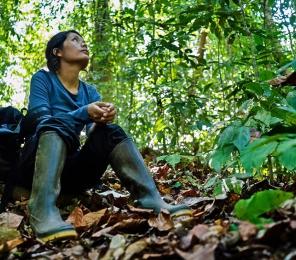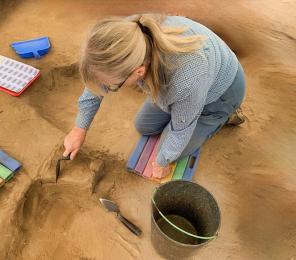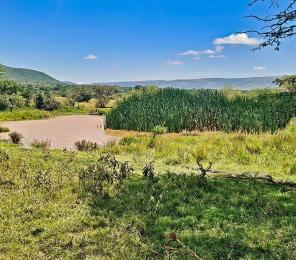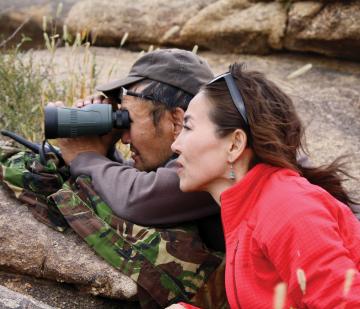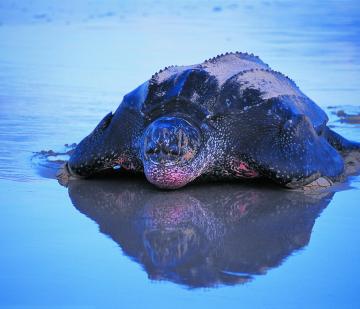Retired Projects
You've found a previously funded project
All good things must come to an end, which is why you’ve reached this page. The project that you’re looking for has been retired from our catalog of expeditions. That doesn’t mean that you can’t still get involved! We highly encourage you to take a look at our current research projects.
Not ready to field? Learn more about the important research Earthwatch is doing every day by checking out some of our captivating videos, podcasts, and stories.
Be more than a tourist
Experience hands-on science in some of the most astounding locations in the world.
Meet a community of like-minded travelers and return home with stories filled with adventure.
YOUR SUPPORT MATTERS
Earthwatch depends on donations—above and beyond what we raise from volunteers who participate on our expeditions—in order to deliver our global conservation mission. In fact, volunteer contributions provide only half of the total resources Earthwatch needs to sustain over 40 field research expeditions, a wide variety of educational programs, corporate sustainability trainings, and more each year.
